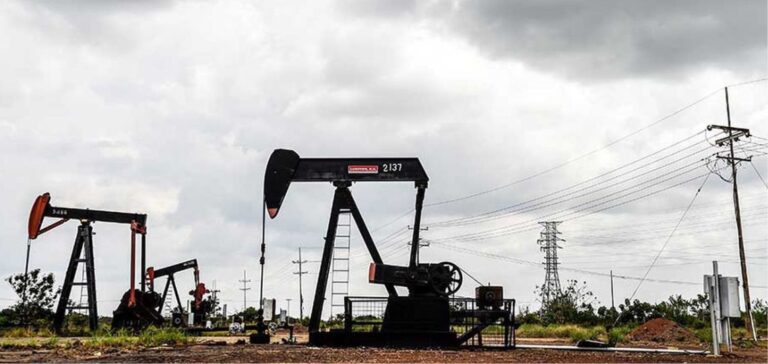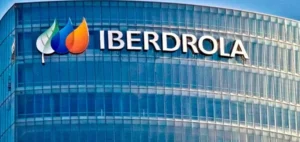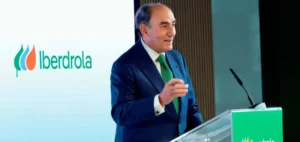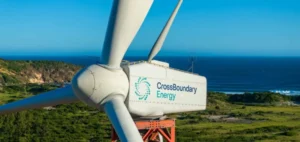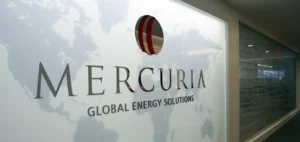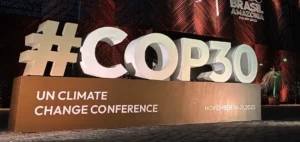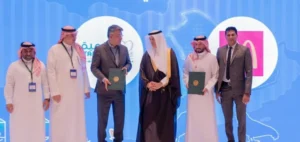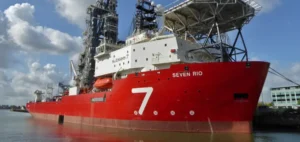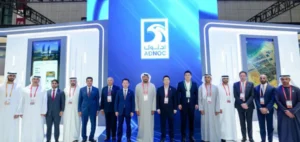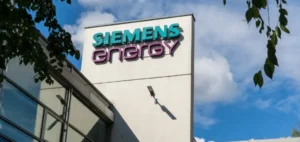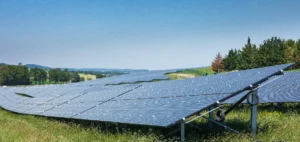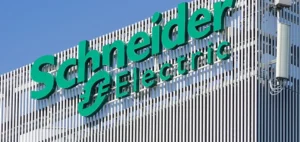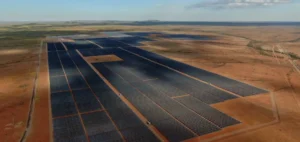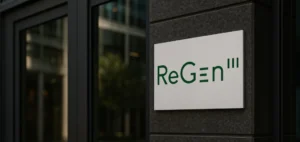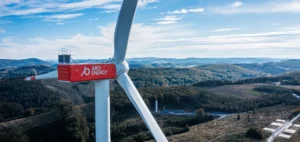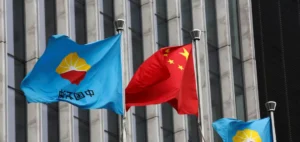“Let’s go all the way! Come what may,” said Venezuelan President Nicolas Maduro as an ongoing anti-corruption operation has already led to the arrest of 51 people including senior officials.
The president says he is not afraid of the consequences as senior officials, including a former oil minister, are exposed. But is it an “anti-corruption crusade” as the government claims, or a political purge as some observers accuse?
Venezuela is ranked 177th out of 180 in Transparency International’s Corruption Perceptions Index.
Who is in the crosshairs?
The first arrests, reported on March 19, were of close associates of Tareck El Aissami, Minister of Oil and considered a key figure in the government until the scandal broke. For now, El Aissami, who resigned, is keeping a low profile and Attorney General Tarek William Saab declined to confirm that he was under investigation.
One of the accused, Antonio Perez, is vice-president of the state-owned oil giant Petroleos de Venezuela (PDVSA). Hugo Cabezas, a close associate of former president and guardian figure Hugo Chavez (1999-2013), is also among those arrested, as are the president of the company responsible for exploiting minerals such as iron, bauxite, gold and diamonds, Pedro Maldonado, and the director of the state-owned company Siderurgica del Orinoco (Sidor), Nestor Astudillo.
All of them were brought to court wearing orange prison jumpsuits. On Wednesday, Mr. Saab warned that “more arrests may follow.”
A political matter?
“It is a political purge. And this is nothing extraordinary,” explains to AFP the political scientist Ana Milagros Parra. According to her, the power is in “the need to eliminate or remove people who, in one way or another, represent a threat (to the government) or are not in line. Prosecutor Saab refutes any political interpretation: “For God’s sake, since when is corruption, embezzlement, a political fact? Where is the ideology? Is theft an ideology?” he asked Wednesday at a press conference.
“Within the government, there are factions and these factions are fighting each other,” says Benigno Alarcon, director of the Center for Political Studies at the Andrés Bello Catholic University (UCAB). “When you see an opportunity to remove an opponent or faction, you take it because power is a zero-sum game!” According to Alarcon, El Aissami was in conflict with the group led by the powerful brothers Delcy and Jorge Rodriguez, respectively vice-president and president of the country’s parliament.
For Alberto Aranguibel, an analyst close to the government in a local newspaper, it is “courageous” to tackle corruption.
Why oil?
The prosecutor’s office said that 34 of the 51 people arrested were linked to the oil industry, the mainstay of the Venezuelan economy. Venezuela has some of the world’s largest reserves but its production has fallen below one million barrels/day after years of mismanagement. The country aspires to return to a production of over 3 million.
In addition to Antonio Perez, the vice president of PDVSA, one of those charged is Joselit Ramirez, one of the managers of the Venezuelan crypto-currency Petro – theoretically backed by oil – that has become important in circumventing U.S. sanctions. The opacity of transactions due to the embargo has undoubtedly facilitated the recent detour.
But the Venezuelan oil industry, which has generated billions of dollars for decades, has been the subject of other investigations and scandals. Saab assures that his office had investigated 31 “corruption schemes” in the oil industry since 2017 and that more than 250 former officials and financial operators have been prosecuted.
The investigations resulted in the arrest of dozens of PDVSA employees and two former oil ministers, Eulogio del Pino and Nelson Martinez (who died in custody). Rafael Ramirez, one of Chavez’s most trusted men, is accused of corruption when he was oil minister (2002-2014) and president of PDVSA (2004-2014).
He is on the run in Italy and the Venezuelan authorities have requested his extradition without success. “Whoever is attacking me should think a little, just a little, about why Chavez had me by his side for 12 years,” Ramirez wrote, enigmatically.


